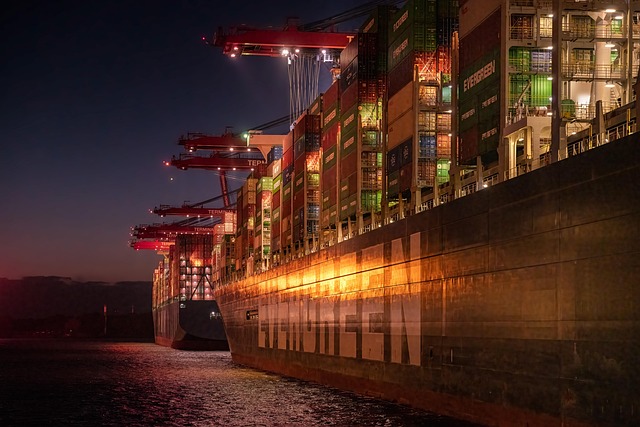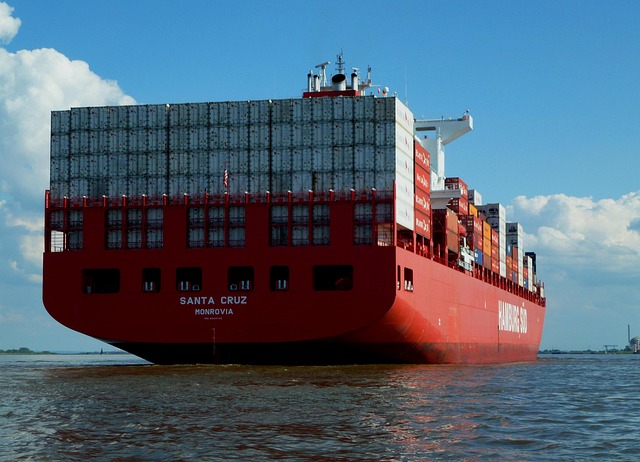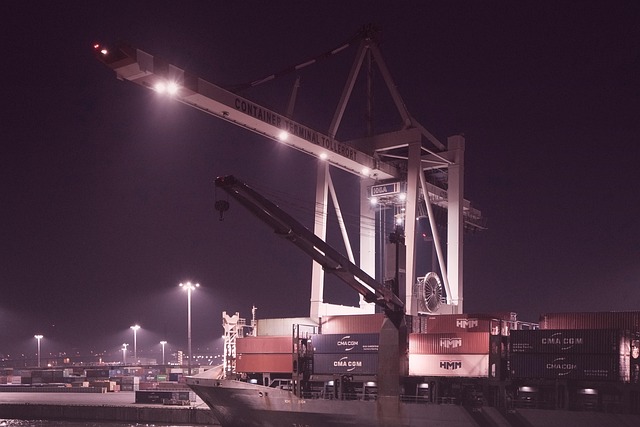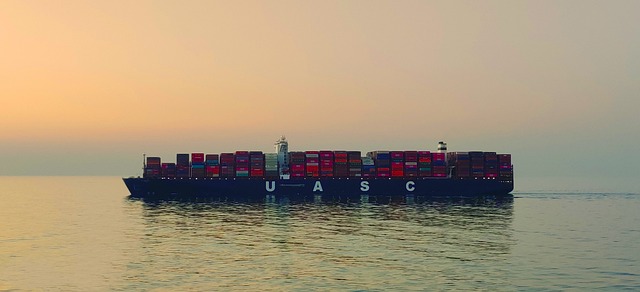Insulated shipping boxes are essential for transporting perishable goods like food, pharmaceuticals, and medical supplies, addressing temperature sensitivity with specialized foam, gel pack, or vacuum insulation. These heavy-duty containers maintain optimal temperatures, ensuring product quality and safety while reducing waste and spoilage. Businesses can choose from various materials, sizes, and custom options to meet diverse needs, leveraging eco-friendly solutions for smaller environmental impact. Proper packing techniques, clear labeling, and temperature control accessories enhance effectiveness in preserving perishable contents during transit.
In today’s globalized world, the efficient transportation of perishable goods is more crucial than ever. Understanding the unique challenges posed by perishables, such as spoilage and quality degradation, is essential for retailers, distributors, and consumers alike. This article explores the vital role of heavy-duty insulated shipping boxes in preserving food during transit. From the science behind temperature control to best practices for packing, we delve into how these innovative solutions maintain freshness and minimize environmental impact, revolutionizing the logistics landscape.
- Understanding Perishable Goods and Their Challenges
- The Role of Insulated Shipping in Food Preservation
- Key Features of Heavy-Duty Insulated Boxes
- Best Practices for Packing Perishables Securely
- Environmental Impact and Sustainability Considerations
Understanding Perishable Goods and Their Challenges

Perishable goods are items that can spoil or degrade over time due to their organic nature and sensitivity to environmental factors. This includes food products, pharmaceuticals, and certain medical supplies. Understanding the unique challenges posed by these goods is essential in ensuring their safe transportation and delivery, especially over long distances. One of the primary hurdles is maintaining an optimal temperature throughout the supply chain. Perishable items often require cold or frozen conditions to prevent spoilage, which makes them susceptible to damage if not handled correctly.
In response to these challenges, insulated shipping boxes have emerged as a game-changer in the logistics industry. These specialized containers are designed to provide insulation and protection for sensitive cargo, keeping them at the required temperature during transit. Insulated shipping boxes come in various forms, including foam-lined, gel pack-insulated, or vacuum-insulated varieties, each offering unique advantages. By utilizing these innovative solutions, businesses can ensure the integrity of perishable goods, reduce waste, and maintain customer satisfaction, especially when dealing with time-sensitive shipments like insulated medical shipping boxes or insulated food shipping boxes.
The Role of Insulated Shipping in Food Preservation

Insulated shipping plays a pivotal role in preserving food items during transit, ensuring they remain fresh and safe for consumption. These heavy-duty insulated shipping boxes are designed to create an optimal environment for perishable goods by maintaining specific temperature ranges. The process involves trapping cold or hot air within the box’s insulation, protecting the contents from external temperature fluctuations. This is particularly crucial for time-sensitive items like dairy products, meats, and certain medications that require controlled temperatures to remain effective.
By utilizing advanced insulated shipping box designs, manufacturers have developed solutions tailored to various industries. From insulated medical shipping boxes ensuring the safe transport of pharmaceuticals to insulated food shipping boxes keeping culinary delights fresh, these boxes have revolutionized cold chain logistics. With options available in different dimensions, materials (disposable or reusable), and even customizable kits with inserts and liners, businesses can choose the ideal insulated shipping box for sale or buy insulated shipping boxes to meet their specific needs.
Key Features of Heavy-Duty Insulated Boxes

Heavy-duty insulated shipping boxes are designed to protect perishables during transit, ensuring they arrive fresh and safe. Key features include robust construction, typically made from durable materials like high-density polyethylene (HDPE) or polypropylene (PP), capable of withstanding rough handling. These boxes feature advanced insulation technologies that maintain ideal temperature ranges for various types of perishable goods, including food, pharmaceuticals, and medical supplies.
Available in a range of sizes and dimensions, from compact to extra-large, these insulated shipping boxes cater to diverse packaging needs. Some even come with customizable inserts, liners, bags, or containers to accommodate different item shapes and sizes. Key benefits extend beyond temperature control; they also offer moisture resistance, impact resilience, and protection against UV rays, further safeguarding the integrity of sensitive items. For businesses in need of efficient perishable shipping solutions, insulated shipping boxes prove indispensable, with various reputable manufacturers and suppliers offering them for sale or rental, sometimes even providing wholesale deals and custom options to meet specific requirements.
Best Practices for Packing Perishables Securely

When packing perishables for shipment, it’s crucial to adopt best practices that ensure their freshness and quality upon delivery. Start by selecting the right insulated shipping boxes for the task. These specialized containers are designed with insulation properties to maintain ideal temperature ranges during transit. Choose boxes that are suitable for the type of perishable you’re transporting, such as insulated food shipping boxes, medical shipping boxes, or cooler shipping boxes, each catering to specific needs.
Properly pack and secure items within the insulated shipping box for sale. Use insulated shipping box inserts or liners to fill gaps and prevent movement during transit. Consider adding insulated shipping box bags or containers with gel packs to maintain moisture and temperature control. Ensure all components are snug yet not overly compressed to avoid damage. Label boxes clearly, indicating perishable contents and preferred delivery temperatures. This ensures the recipient is prepared for the arrival of your delicate items.
Environmental Impact and Sustainability Considerations

The environmental impact and sustainability of heavy-duty insulated shipping boxes are critical considerations in the logistics industry. These specialized containers play a vital role in minimizing waste and reducing the carbon footprint associated with perishable goods transportation. By utilizing innovative materials, manufacturers design insulated shipping boxes to keep food fresh during transit, thus eliminating the need for frequent replacement due to spoilage. This sustainability approach not only conserves resources but also contributes to cost savings for businesses and reduced environmental strain.
When choosing or sourcing these boxes, it’s essential to opt for eco-friendly options. Many manufacturers now offer insulated shipping box kits, inserts, and liners made from recyclable or biodegradable materials. Additionally, wholesale suppliers and manufacturers provide various dimensions and price points, catering to diverse needs without compromising on insulation quality. From medical to food and perishable item shipments, the right insulated shipping box can be a game-changer in ensuring product integrity while promoting environmentally conscious practices.
Heavy-duty insulated shipping boxes are a game-changer in the logistics of perishable goods, offering an effective solution to the challenges of food preservation during transit. By understanding the unique needs of these products and implementing best practices, businesses can ensure the safe delivery of fresh, high-quality items. These innovative boxes not only protect against spoilage but also contribute to a more sustainable future by minimizing environmental impact, making them an essential component in modern supply chains.
